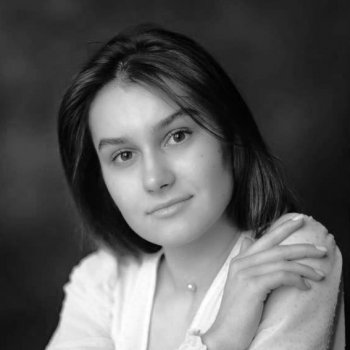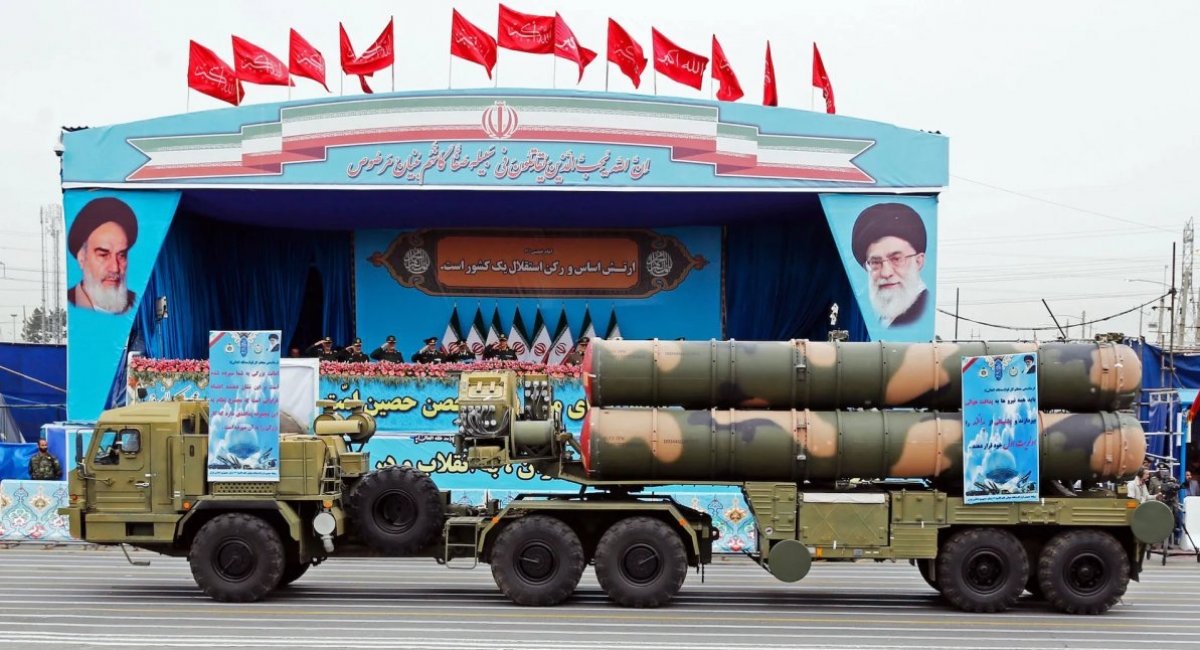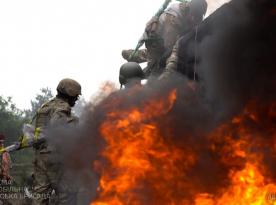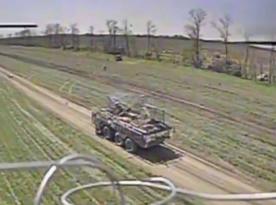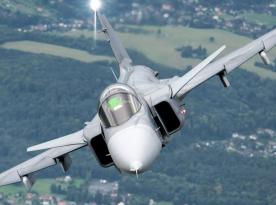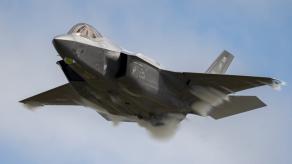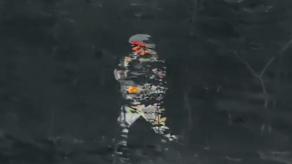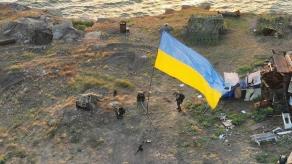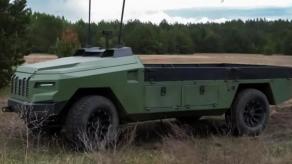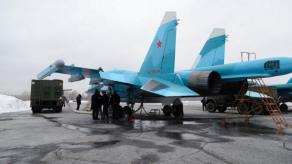On January 17, 2025, russian President Vladimir Putin and Iranian President Massoud Pezeshkian signed new 20-year Comprehensive Strategic Partnership Agreement, according to the UK Defense Intelligence.
Russia and Iran’s partnership has almost certainly been driven by mutual security and economic interests, with both states growing closer since russia’s full-scale invasion of Ukraine in 2022. Russia has remained reliant on Iranian military support as the war in Ukraine has continued. However, a level of mistrust remains and tensions in the relationship will highly likely present obstacles to the expansion of their cooperation.
Read more: The UK Defense Intelligence: the Fall of the Assad Regime Leaves russia’s Mediterranean Task Group without Critical Support
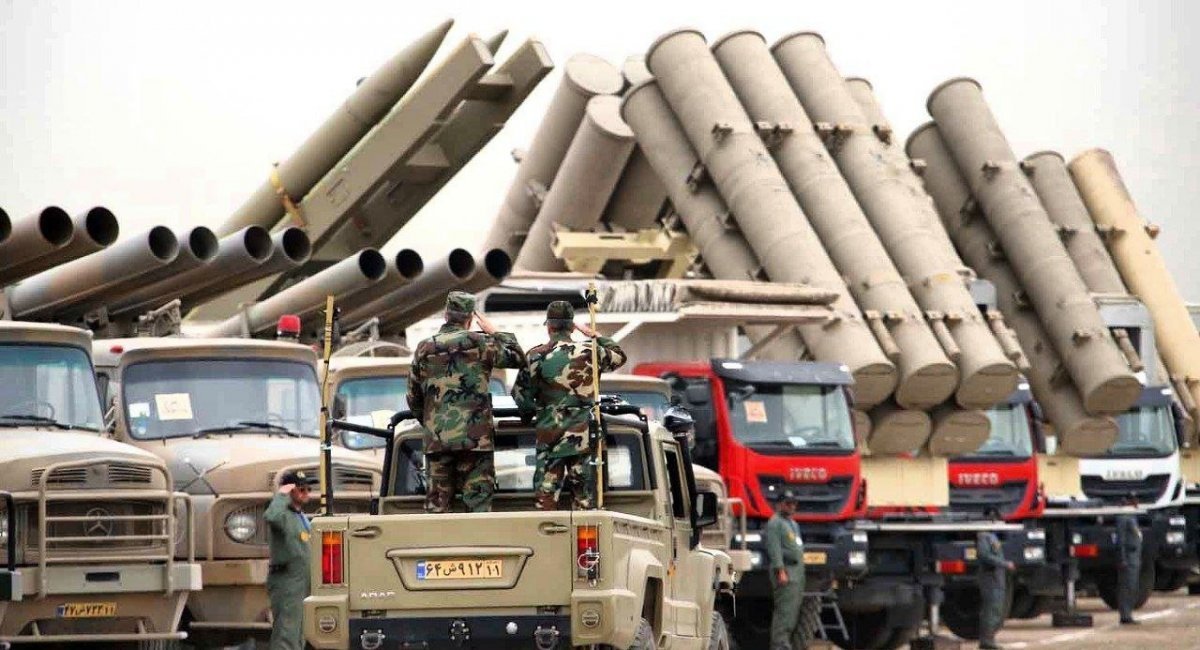
The agreement is part of a wider framework of cooperation between the two states across various sectors, almost certainly representing a commitment to strengthen bilateral ties. It covers cooperation across defense and security, economy, trade, transportation, energy, technology, information and cyberspace security. In contrast to russia’s agreements with the Democratic People’s Republic of Korea and Belarus, the russia-Iran agreement does not include a mutual defense clause.
The agreement highly likely provides a legal framework for further Iranian-russian cooperation, formalizing existing and future collaboration efforts. However, it is unlikely to represent any significant uplift to the partnership or materially expand the scope of their current cooperation.
Read more: The UK Defense Intelligence: Recent Territorial Gains Signal Renewed Focus on Critical Axis in Donetsk Region



